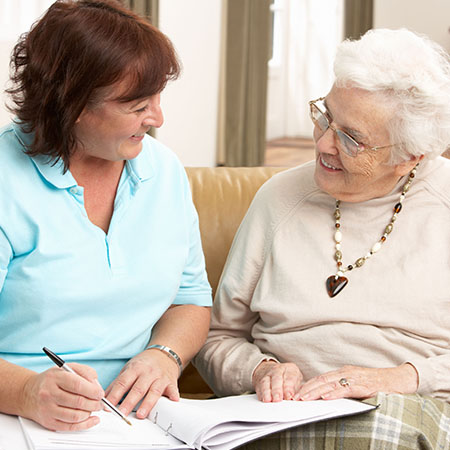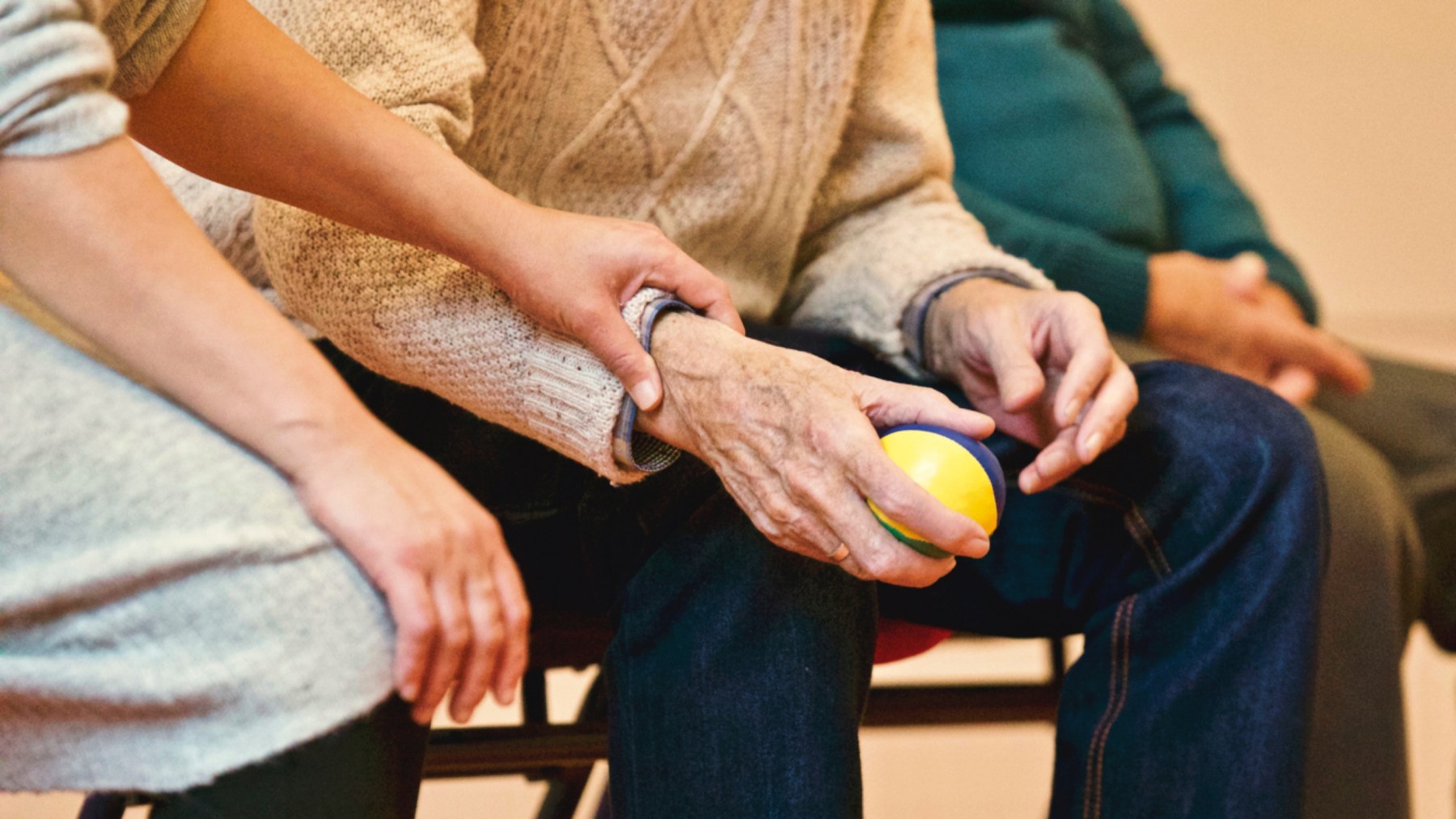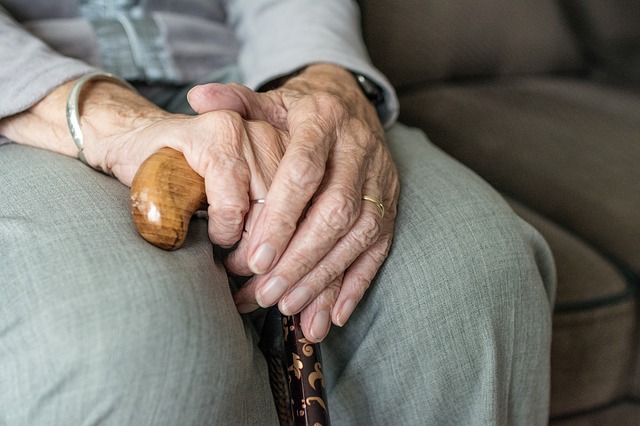A woman in 1971 would have expected to live to the age of around 77. For a man, life expectancy was a little over 71. By 2017, the life expectancy for women had risen to over 83 and for men it was just under 80.
The increase in life expectancy has been driven by better healthcare, a reduction in smoking, improved health and safety in workplaces, more plentiful and varied food and improved amenities. And as, on average, we are all getting a few more years post-retirement, it’s important to make the most of them.
Maintaining independence is an important feature of the quality of life for many people in their later years. Usually, this means that individuals will want to remain in their own homes wherever possible. In many cases, people living in the own homes during their later years are fully mentally capable and can, for the most part, take care of themselves. If, in your case, you’re not as mobile as you used to be, a few things may become a bit more difficult. But that’s no reason to give up your independence.
Care at home is increasingly popular because it gives people choice and flexibility. They agree with their care provider what type of help they need and how often. They have a care plan that is their care plan, not something that somebody decides for them. And most of all, they are in familiar surroundings in a community they know.
How Has Covid-19 Changed Things?
The pandemic increased the demand for care at home services. This is partly because care homes were sometimes unable to admit new residents and partly because some people recovering from the virus face a long process of recuperation. It was also harder in many cases for family members and informal caregivers to help out because of guidance about isolating and social distancing.
A great deal of the burden of coping with Covid-19 fell on the care sector and we’re proud of the way our team rose to the challenge. The value and benefits that care at home services deliver became much more obvious to the general population.
It was a difficult time but we pulled through. We’re now focused firmly on the future and how we can bring independence and quality of life to even more people in their later years.
Contact 01305 206 140 or email contact@altogethercare.co.uk for more information.












